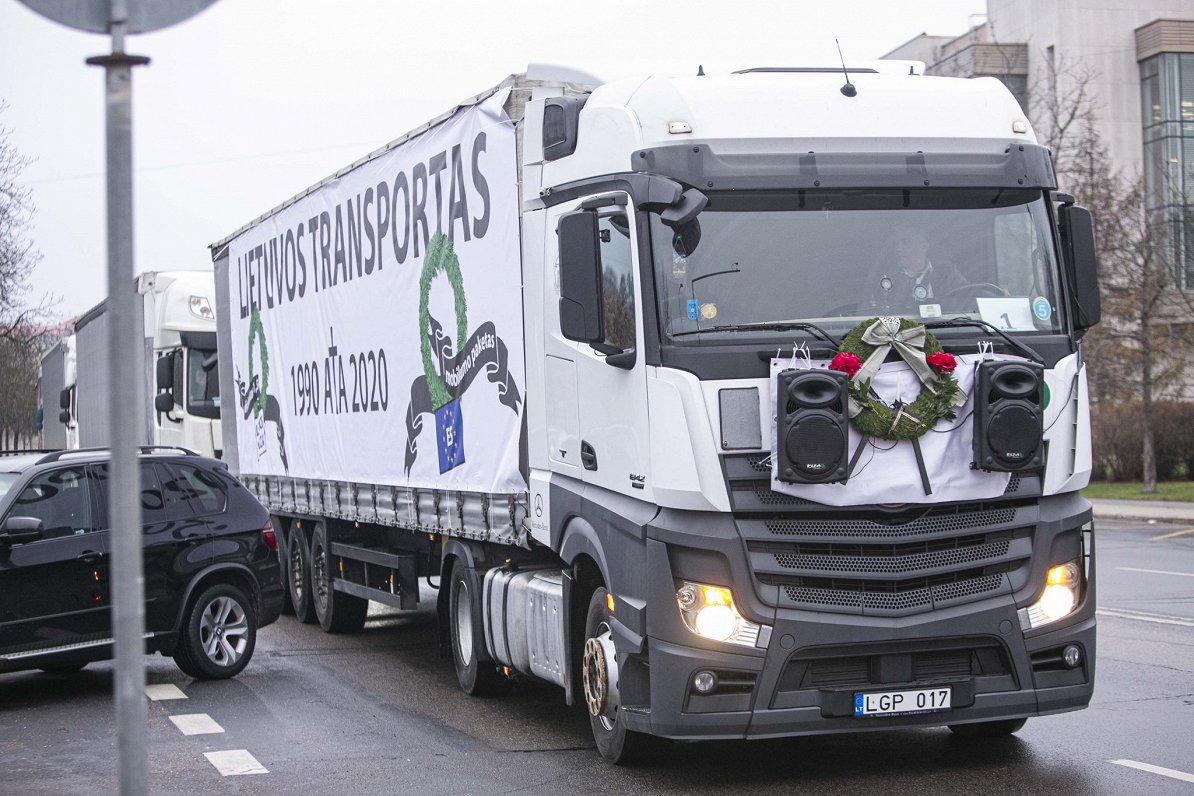The United Kingdom, with Brexit and the pandemic, is currently facing the deepest crisis in the sector. However, Latvian entrepreneurs are also increasingly aware of shortages.
Arkādijs Praiss, owner of the road transport firm Heders and Chairman of the Road Transport Association Latvijas Auto, said that the problem had accumulated for many years. Truck driver profession is no longer prestigious.
“The young generation categorically does not want to work in an industry where there is no comfort. Long-distance driving involves long-distance travel, being away from home, inconveniences of living. Young men don't want to study to be truck drivers, though wages are now decent and there are other benefits, such as the chance to get abroad. The salary is above a thousand euro and can reach two and a half thousand,” Praiss said.
There are 20 thousand truck licenses in Latvia, but not 20 thousand drivers. Arkādijs Praiss has estimated that the number of drivers is around half the number of licenses. Companies are therefore seeking to hire third-country nationals to work in Latvia and in interstate transportation.
One of the leaders of the industry, Kreiss head Andrejs Kuzņecovs, said that 70% of the drivers in the company come from third countries, including Ukraine. "Across Europe, 60% of all drivers will retire in the next seven years,” Kuzņecovs said.
Praiss said that in other countries, such as Lithuania and Poland, the recruitment of third-country labour is easier. It takes a long time to sort a visa in Latvia, and it's more expensive and complicated. In Poland, for example, a truck driver could do everything in one day, but here it takes two weeks to a month.
Citadele economist Mārtiņš Āboliņš also confirmed the transport sector was particularly affected by the pandemic. Asked about the consequences of the shortage of drivers, he said: “Price pressure. The logistical situation – not only for drivers but also for maritime transport – is difficult worldwide. Capacity is lacking and there is demand for different goods at the same time. The impact of the Covid-19 pandemic is very strong because services are not yet fully available in many places. As a result, people spend more money on goods. […] Inventory of many commodities in warehouses is relatively low. Consequently, there is strong demand in both industry and logistics. Such accumulated structural problems with generational change are currently meeting with very strong demand,” explained Āboliņš.



























